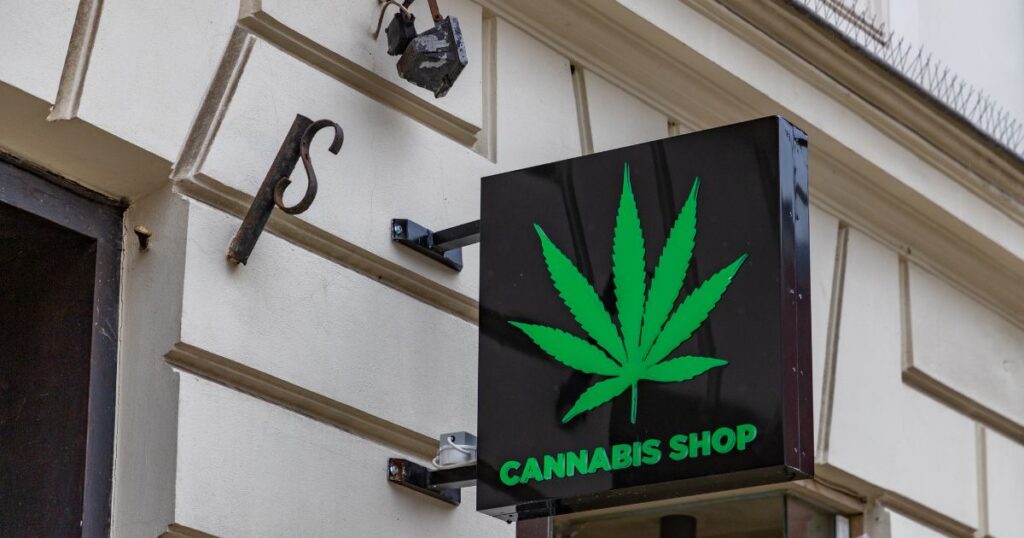Minnesota’s legal cannabis market is officially open for business, but consumers are finding that dispensary shelves are not as full as they had hoped. More than two years after the state legalized recreational marijuana, the supply chain is struggling to keep up with consumer demand. This delay has created a challenging environment for newly licensed retailers. However, a series of new Tribal-state cannabis compacts, including a recently announced agreement with the Prairie Island Indian Community, offers a potential solution to bridge this supply gap.
Since legalization in the spring of 2023, Minnesota has been working to build its regulatory framework from the ground up. While dozens of businesses have received licenses to operate, the cultivation side of the industry is lagging. This has left many retailers, who have invested significant resources into opening their doors, without the products they need to sell. The situation has created frustration for both business owners and consumers eager to participate in the new legal market.
Minnesota Cannabis Supply Chain Challenge
The core of the problem lies in cultivation. According to Eric Taubel, the director of Minnesota’s Office of Cannabis Management (OCM), the state needs approximately 1.5 million square feet of cultivation canopy to meet current demand via CBS Minnesota. Right now, the available capacity is only a “fraction” of that amount.
State data reveals that while nearly 60 businesses have been licensed, most are microbusinesses with retail endorsements. As of late 2025, only two state-licensed cultivators are actively growing cannabis, and their crops have not yet matured enough to supply retail shops with flower.
Another 24 businesses have received preliminary approval for cultivation licenses but are still finalizing paperwork. This slow rollout means that for now, the demand for legal cannabis far outstrips the available supply.
Some licensed business owners have felt the impact directly. Despite receiving a license, their operations are unable to sell adult-use cannabis products due to the lack of supply, leading to a significant drop in business and even layoffs. This difficult start highlights the hurdles new entrepreneurs face in a market that is still finding its footing.
A Bridge Through Tribal-State Compacts
As the state’s licensed supply chain slowly develops, a series of agreements between the state of Minnesota and sovereign Tribal Nations is providing a crucial lifeline. Governor Tim Walz and the OCM have been negotiating cannabis compacts with Tribal Nations, establishing a framework for cooperation in the new market.
These compacts recognize the inherent sovereignty and right to self-govern of the Tribal Nations, allowing them to cultivate and sell cannabis products. To date, Minnesota has signed compacts with the White Earth Nation, the Mille Lacs Band of Ojibwe, and most recently, the Prairie Island Indian Community.
Under these agreements, Tribal Nations can partner with state-licensed businesses to wholesale their cannabis products into the state market. This provides an immediate boost to the limited supply. The Prairie Island Indian Community, for example, plans to begin wholesaling activities soon, offering high-quality, regulated cannabis products to state-licensed retailers.
Grant Johnson, President of the Prairie Island Indian Community Tribal Council, expressed enthusiasm about the agreement, stating, “We’re excited to continue meeting demand in Minnesota’s growing recreational cannabis market with the exceptional cannabis products we are producing.”
Ensuring Safety and Regulation
A key component of these compacts is a shared commitment to public health and safety. All cannabis products from Tribal cultivators that enter the state market must meet the same standards as state-licensed products. This includes testing for potency and contaminants at state-licensed or approved facilities.
The compacts also require the use of a seed-to-sale tracking system, ensuring that regulators can monitor the entire lifecycle of a cannabis product. Packaging and labeling must also adhere to state laws, including the use of the universal cannabis symbol and required warning labels. This ensures that consumers can trust the safety and quality of the products, regardless of their origin within the regulated system.
Furthermore, these agreements establish a model for how multiple jurisdictions can work together. While each compact is unique to the specific Tribal Nation, they all contain similar commitments to regulatory oversight and public safety.
Ed Buck, chair of the Prairie Island Indian Community’s cannabis commission, emphasized this point, stating in an interview with MPR News, “The most important thing would probably be that [Minnesotans] can trust the products that are being put on the shelves. It’s highly regulated.”
The Road Ahead for Minnesota Cannabis
The supply issues in Minnesota’s cannabis market are a challenging but temporary phase in the rollout of a complex new industry. The OCM remains optimistic that as more state-licensed cultivators come online and additional Tribal compacts are signed, the supply chain will stabilize and grow.
For consumers, the Tribal-state compacts mean that access to legal, tested cannabis products will improve much faster than it would have otherwise. These partnerships are not just filling a supply gap; they are building a more robust, diverse, and equitable cannabis market for the entire state.
As Minnesota continues to navigate the early stages of its legal cannabis industry, the collaboration between the state and Tribal Nations stands out as an element for success. It’s a practical solution to a pressing problem and a powerful example of cooperative governance in action.
- How Hefestus is Automating Cannabis Packaging with Precision and Power
- Michigan Governor Signs Bills Allowing Business Between Tribes And State Licensed Companies
- Supply Chain Issues Across the Board in Cali
- Why the Current Supply Chain Doesn’t Work for Cannabis
- New Jersey Rec Sales Start Despite Supply Chain Concerns






















